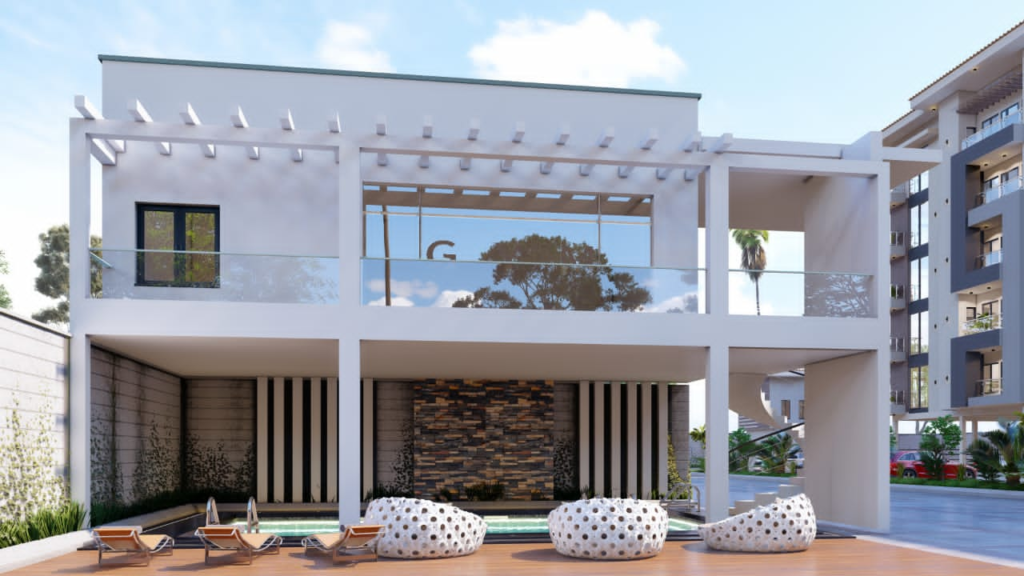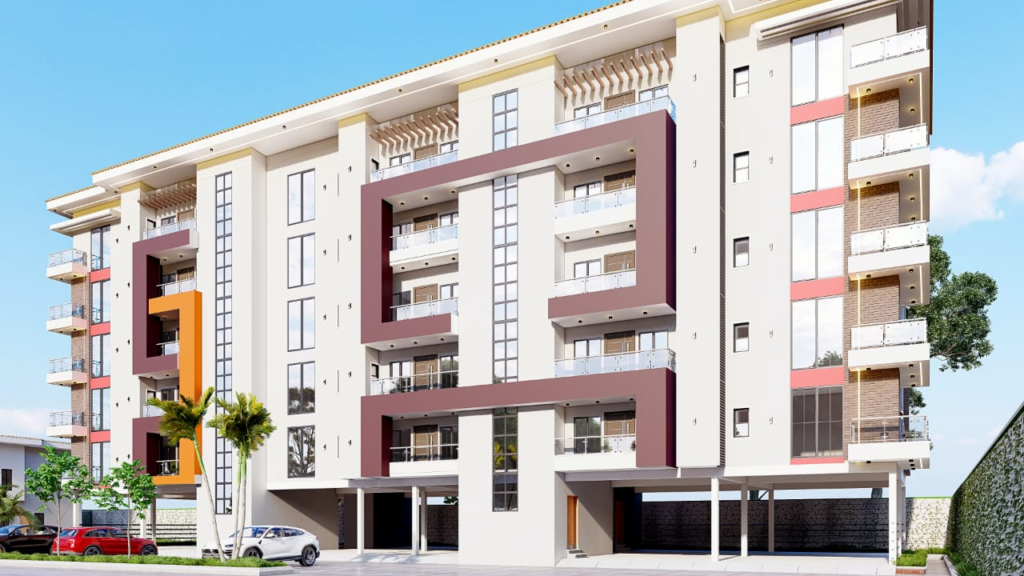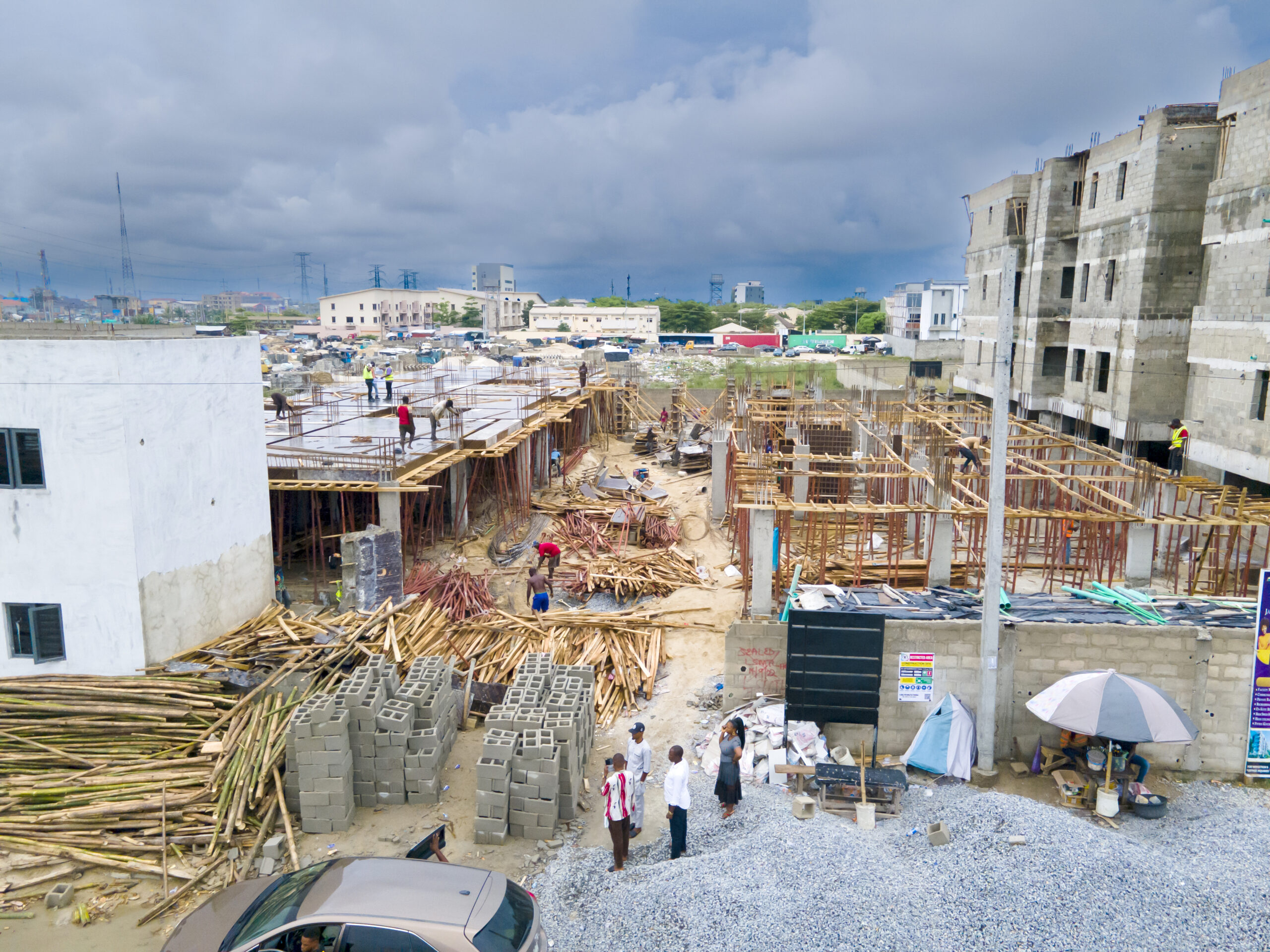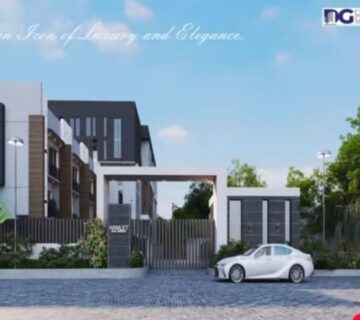Embarking on the journey of buying a home requires careful consideration and preparation. While the number of rooms, kitchen condition, and yard size hold significance, there are additional elements that warrant your attention before taking the leap to buy the property of your choice in Nigeria. Here’s a comprehensive guide on what to prioritize when purchasing a home.
A Summarized Guide to a Successful Home Purchase
For first-time homebuyers, the process can feel overwhelming. The multitude of steps, tasks, and requirements may evoke anxiety about making a costly error. However, aspiring homeowners like yourself have the advantage of special provisions designed to support new entrants into the real estate market.
To demystify the process and ensure a successful purchase, let’s delve into the factors you need to consider before buying a home. We’ll also explore what you can expect during the buying process itself, along with some valuable tips to simplify life after acquiring your first home.

1. Choosing the right neighbourhood
It’s often said that the three most critical factors in real estate are location, location, and location. While most aspects of a property can be modified, the location remains unchangeable.
Therefore, when embarking on your house hunting journey, consider its proximity to your workplace, the property’s positioning within its surroundings, accessibility, noise levels from neighbors and traffic, as well as its access to amenities such as parks, shopping centers, schools, and public transportation.
2. Assessing the property’s features
Beyond the location, closely examine the site of the prospective home. If the property is situated on a hill, does it offer a scenic view, a walkout basement, or perhaps multiple flights of stairs? Assess whether neighboring windows directly overlook the home.
Evaluate if the yard is suitable for your specific needs, such as accommodating children, pets, gardening, or other activities. Additionally, consider the safety aspect concerning driveway elevation or access stairs to the front door. If you plan on residing in the home long-term, factor in how your accessibility requirements may evolve as you age.
3. Beyond the structure itself
Ensure that the neighborhood aligns with your expectations, not just the house itself. Conduct thorough research by driving around the area on weekdays and weekends, during daytime and evening hours. Observe whether homes in the neighborhood are consistent in size and features. Take note of how well neighbors maintain their yards—do you witness old cars and trash cluttering the surroundings? Consider the neighborhood’s safety for activities like walking, running, or biking. Additionally, ascertain if it caters to your desires for a child-friendly or pet-friendly environment.
4. The size and floor plan

Don’t be swayed by the allure of an excessively large home or unique features like a sauna if you won’t utilize the space effectively. Determine the ideal size of the home and floor plan that aligns with your requirements before initiating the house hunting process.
Remember, while additional square footage can offer desirable spaces like a craft room, home gym, or theater, it also translates into higher energy bills, increased taxes, more furniture to furnish the home, and additional effort to maintain cleanliness. Realistically assess the space and layout you’ll need to accommodate your current lifestyle and future plans in the home.
5. The exterior appeal
Your home should reflect your design preferences and lifestyle. If you prefer a low-maintenance lifestyle, a formal-style home with intricate features might not be the best fit. Opting for something simpler, such as a brick home, could better suit your needs. Assess the condition of the roof, decks, and front yard. Additionally, take note of the landscaping and evaluate the level of yard maintenance it entails.
6. The interiors
Decide on the number of bedrooms and bathrooms that meet your specific needs and focus your search on homes that satisfy these criteria. Falling in love with a cozy, charming cottage that falls short on space would be regrettable. Avoid assuming that you can easily expand the square footage later.
Consult an architect who can provide valuable insights into space planning, lot usage, and city regulations. Consider your current household members and potential future changes, such as the possibility of having children, accommodating relatives, or seeking roommates, when determining your desired bedroom and bathroom count.

7. The kitchen: The heart of the home
Since the kitchen is often considered the heart of a home, settling for one that doesn’t resonate with your preferences is unwise. Kitchen remodels can be costly and time-consuming endeavors.
While some individuals opt for remodeling to achieve their dream kitchen, if the home already stretches your budget, you may find yourself waiting a considerable amount of time before realizing that vision while settling for a kitchen you dislike. However, if the kitchen only requires minor upgrades, such as new appliances, to align with your needs, it’s worth considering.
8. Stores and wardrobes: Details that matter
It’s worth noting that older homes typically offer limited closet space and overall storage capacity. If you possess an abundance of sports equipment, craft supplies, off-season clothing, or holiday decorations, carefully evaluate the storage options available during your house hunting.
Newer homes generally offer ample storage space, so prioritizing them in your search might be advantageous. Keep in mind that adding storage space might necessitate sacrificing living areas, such as converting a bedroom into a dedicated storage space.
9. Natural light and views

Examine the views and natural light intake from the windows. Pay close attention to the views and lighting in the living spaces where you’ll spend most of your daylight hours. You wouldn’t want to spend your days staring at the side of your neighbor’s house or rely heavily on artificial lighting due to insufficient natural light.
Additionally, take note of built-in light fixtures and the presence of outlets in each room. While you can always add artificial lighting and outlets later, having them readily available upon moving in can be convenient.
10. The finishing touches
Sometimes, a home’s true beauty lies in its finer details, such as the trim and hardware. Custom window treatments that remain with the home can be an appealing selling point, as can a stylish fireplace. Technological updates like smart home features or a home security system can significantly enhance the appeal of a property. If these elements hold importance for you, be vigilant during your house-hunting process or be prepared to incorporate them after moving in.
By keeping these specific factors in mind, your house-hunting endeavors will be more fruitful, potentially leading you to your dream home.
Initiating Your Search
Commence your property search independently before involving a real estate professional. Collaborating with an agent prematurely may result in feeling pressured to make a purchase before finding the perfect investment opportunity. Successfully identifying key property characteristics—such as type, location, size, and amenities—through your research will enable you to make an informed decision. Once you’ve accomplished that, you can consider engaging a real estate agent to assist you in completing the purchase.
The location options available to you will be influenced by whether you intend to actively manage the property or hire a property management company. If you plan to oversee it personally, proximity to your residence is crucial. However, if you’re entrusting a property management company with its care, proximity becomes less of a concern.
Gathering Information
While official sources provide valuable insights, it’s advisable to engage with the neighbors to obtain firsthand information. Speak with both renters and homeowners, as renters tend to offer unbiased perspectives on the neighborhood’s drawbacks. Visit the area at various times and on different days of the week to observe the neighborhood in action and gain a comprehensive understanding.
Conclusion

In your quest to buy property in Lagos, Nigeria, it’s crucial to keep these ten key factors in mind. Consider the location, property features, neighborhood, size and floor plan, exterior appeal, interiors, kitchen, storage options, natural light and views, and the finishing touches.
Initiate your search independently, gather information from neighbors, and visit the area at different times to make an informed decision. By focusing on these aspects, you’ll increase your chances of finding the perfect home that meets your needs and aspirations.





